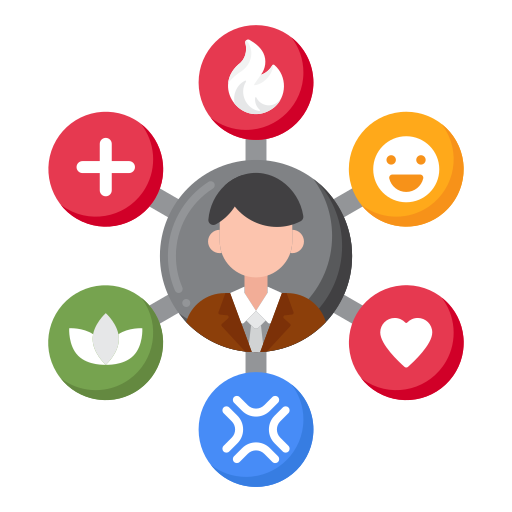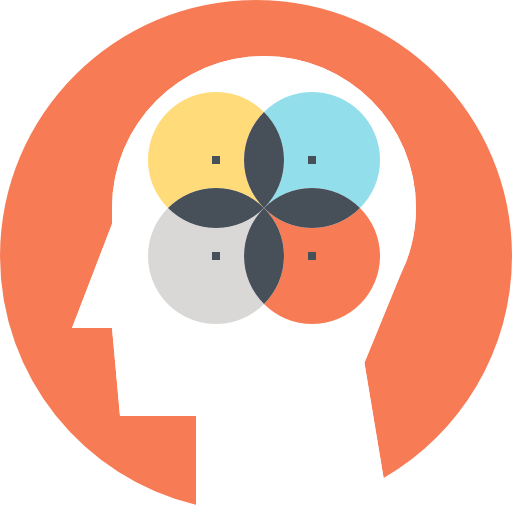RELATIONAL CONFLICT
Better Life Therapy offers compassionate outpatient treatment for individuals with relational conflict
ADDRESSING RELATIONAL CONFLICT

How do I repair this relationship?
Why don’t I have close relationships?
Why does my family treat me this way?
Why do I have trouble connecting with others?
Is this conflict my fault?
Should I stay with my partner?
If you find yourself asking these questions, it may be time to seek counseling services. All people can relate to finding themselves in opposition with another person. Sometimes this opposition goes beyond what we know how to navigate on our own or surpasses what feels like healthy conflict. When our relationships with others are struggling it can cause us to have doubts, confusion, and emotional suffering. At Better Life Therapy we can help you navigate relational conflict and feel supported. Our therapists use a variety of interventions to best fit your personal situation and experiences. Some theories that they are trained to use and aid clients with are Dialectical Behavior Theory (DBT), Acceptance and Commitment Theory (ACT), Cognitive Behavioral Theory (CBT), and Psychodynamic Theory. More about these approaches can be found below. Clients can learn how to set and respect boundaries within any of their relationships in order to help their relationships flourish. Resolving relational conflict also involves addressing power dynamics and accepting that the only control any person has is over their own self and that we do not have power to control others.
ADDRESSING RELATIONAL CONFLICT
Depression or Major Depressive Disorder is a common and serious medical illness that affects how you feel, the way you think, and how you act, usually with negative thoughts and emotions. Depression often causes feelings of sadness, a loss of interest in the activities and hobbies you loved before, and a general feeling of fatigue. If left untreated, it has the potential to cause emotional and physical problems which can decrease your ability to function in work and in life.
To be diagnosed with depression, an individual must have five depression symptoms every day, nearly all day, for at least 2 weeks. One of the symptoms must be a depressed mood or a loss of interest or pleasure in almost all activities. Children and adolescents may be irritable rather than sad.

APPROACHES WE USE

DIALECTICAL BEHAVIORAL THERAPY (DBT)
Focuses on building therapeutic skills in mindfulness, distress tolerance, emotion regulation, and interpersonal effectiveness. Derived from CBT and used to aid clients in behavior change.

ACCEPTANCE AND COMMITMENT THERAPY (ACT)
A psychotherapy approach where individuals learn to accept their underlying feelings as appropriate responses to how they are experiencing their world and commit to making behavioral changes that will change how they are experiencing their world and thus change their feelings.

COGNITIVE BEHAVIORAL THERAPY (CBT)
Applies diverse thought and behavioral techniques with the goal of promoting behavior change and reducing symptoms. This modality is time sensitive, structured, educational and present oriented. CBT is known for assigning homework or between session activities.
